HBR’s Young Voices of Science program now accepting applications for 2023
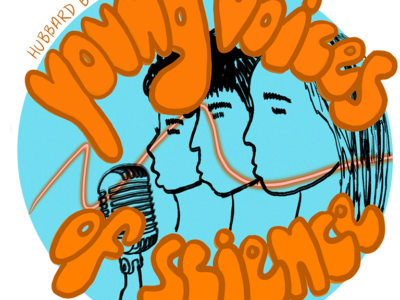
Learn science communication in this FREE program put on by the Hubbard Brook Research Foundation. Applications now open!

Learn science communication in this FREE program put on by the Hubbard Brook Research Foundation. Applications now open!
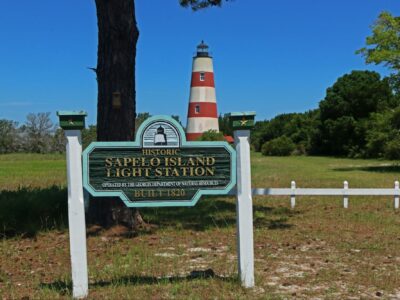
A recent paper from researchers at the University of Georgia, in collaboration with the Muscogee (Creek) Nation, uses oxygen isotope analysis of mollusk shells found at archaeological sites to show how ancestral Muskogean villages collectively, and sustainably, managed shellfish harvest.
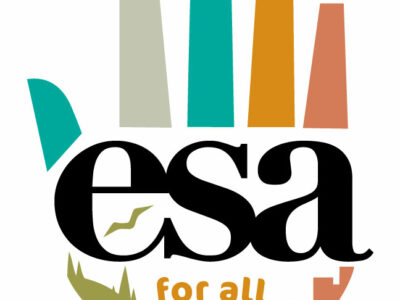
Dozens of talks, posters, short courses, and special sessions at the Ecological Society of America Annual Meeting highlight LTER research.
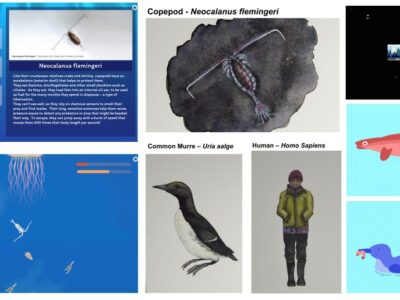
NGA’s Virtual Field Trip brings the Arctic to the classroom, pairing a video, video game, and activities to immerse students near and far in the ecosystem.
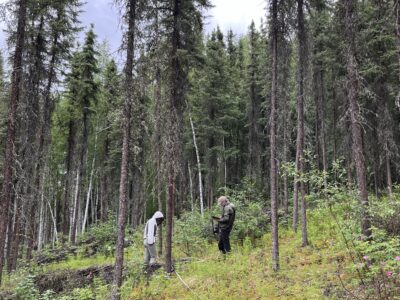
As I find myself in the dog days of an Alaskan summer – powerless to change my bug-infested situation – there is no choice but acceptance.
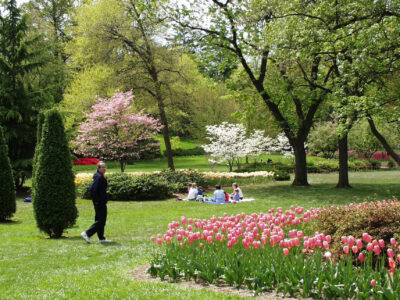
A new synthesis from the Baltimore Ecosystem Study shows that residents with greater land and water cover in the Metropolitan Baltimore, Maryland area were less likely to perceive environmental problems.
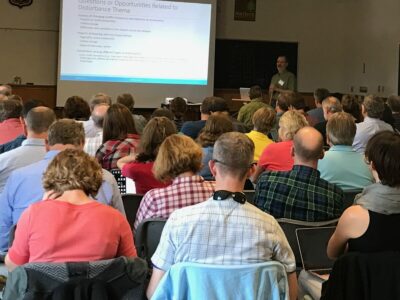
Are you working on (or interested in) synthesizing research across LTERs? Do you think your work could benefit by engaging Site PIs and hearing directly what is being done in your research area at each site? Do you have an idea for a project or paper that could emerge from such a set of discussions?… Read more »
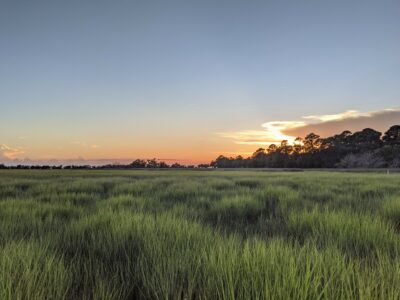
“We know that salt marsh plants face stressors like sea level rise, drought, and excess nutrient runoff. What is more difficult to predict is the localized response to these stressors,” writes Kyle Runion of his
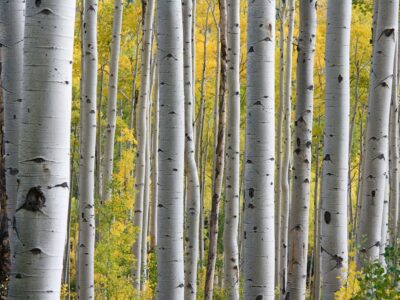
The Selections Across Scales synthesis group seeks trait and fitness data collected on individuals within experimental manipulations or across environmental gradients.
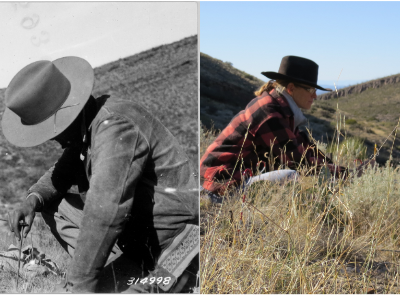
A 104 year old dataset reveals that a Pacific Ocean cycle determines grass cover at New Mexico’s Jornada Basin LTER—and then shows that link is now broken.